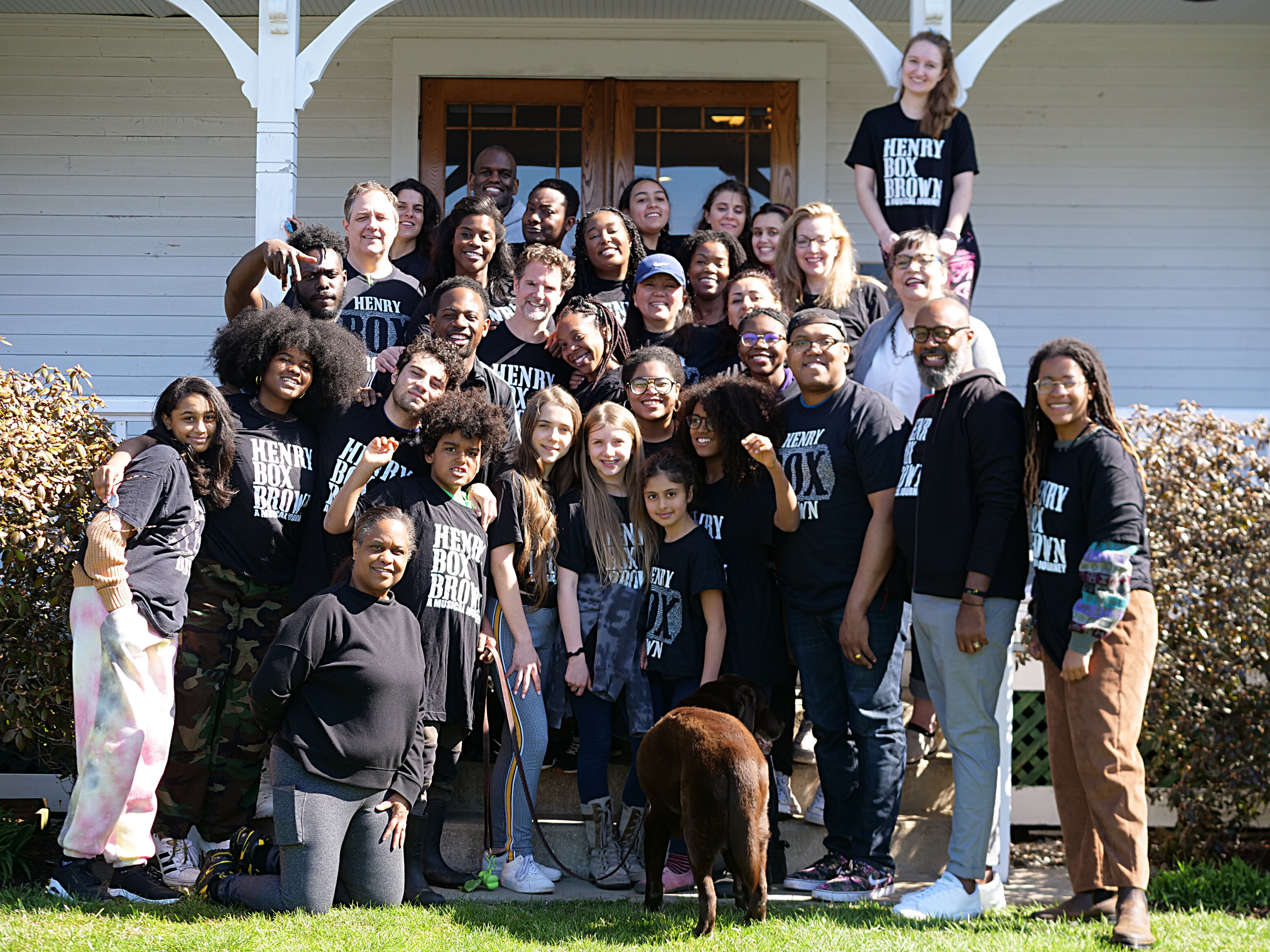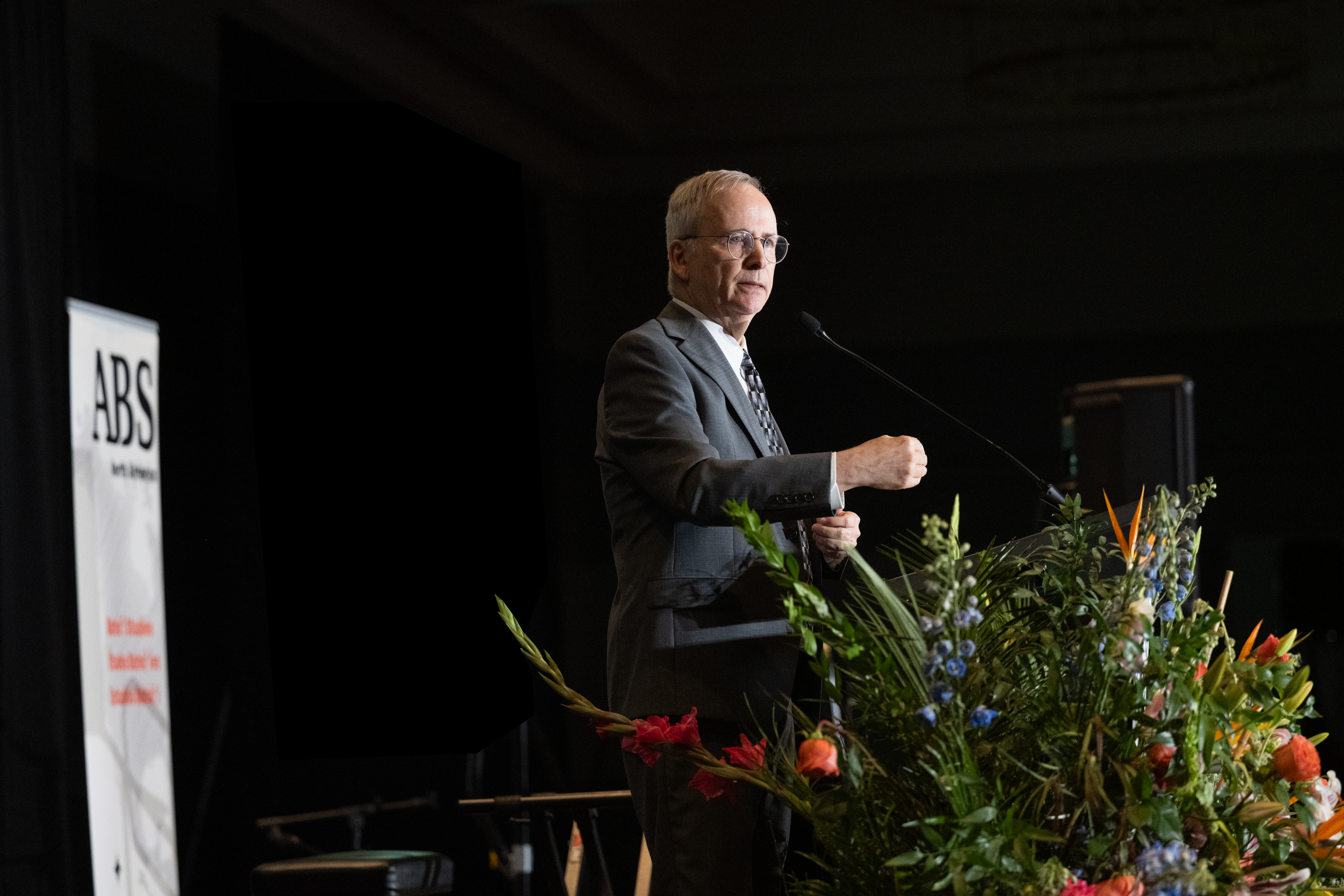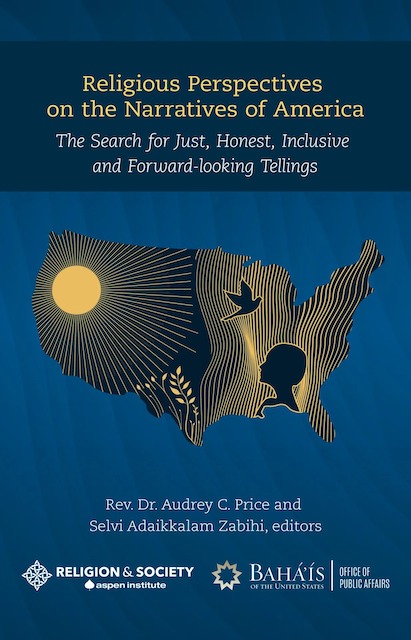
Midwest youth conference participants seek solutions to racism
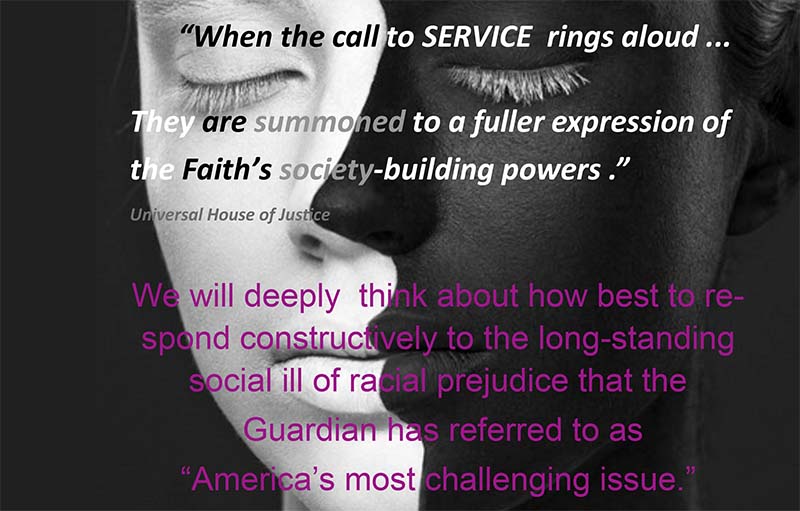
Summer 2020 will long be remembered for protests against racial injustice that filled the streets of many U.S. cities. Young people have been at the forefront of this movement, impatient with the nation’s status quo — a feeling no doubt shared by many young Baha’is.
The Midwest Youth Conference, July 18–19, sought to develop a response to this social reality. Held via online videoconference, it attracted 75 participants from Indiana, Michigan and Ohio.
One goal was “to open up a dialogue about the issues of racism and prejudice we see in our communities,” according to Eric Rykwalder of Dearborn, Michigan, coordinator for the Midwest Regional Training Institute, which organized the conference.
The other goal was to develop a vision of how to act in light of the teachings of Baha’u’llah, especially as expressed in the Baha’i institute process. Participants in that process learn how to apply the fundamental Baha’i belief in humanity’s oneness by building diverse spiritual communities through “core activities” such as devotional gatherings, children’s classes, junior youth groups and study circles.
The conference’s small-group breakout sessions were key to getting all participants involved. On the first day, each breakout group brought members in touch with people from other states. On the second day, the groups were arranged by locality.
“With everything that was going on, everyone came to the conference with a pretty clear intention to speak about racial injustice and race unity,” says Ruebben Kalai Chelvan of Indianapolis. He experienced the breakout sessions as a safe space for honest conversations: “There was this idea of unlearning what we know and relearning things, so we were more willing to share what our prejudices were and what our biases were, because everyone in the group understood that we had some kind of prejudice.” Participants also discussed how racism systemically afflicts communities and the entire country.
Beginning to understand the problem of racism is just a first step, though. The organizers also wanted participants to make plans for action. Chelvan notes that, while he has taken part in other conversations about race over the years, what made this conference special was its emphasis on “trying to get some solution instead of just saying what the issue is.”
Baha’is believe that a lasting solution to racism will require changes across every level of society — including in individuals’ consciousness. Lasting social transformation hinges on the spiritual realization of humanity’s oneness, and the core activities seek to foster that through reflection on Baha’i writings combined with community-building action.
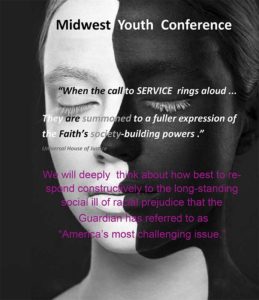
Conference participants discussed how the core activities can contribute to social change if they are centered on racial justice. “It was a really powerful realization that the institute process cannot move forward without race unity — Baha’u’llah’s vision — being actively fought for in individual and collective action,” noted Dawning Welliver of Bloomington, Indiana, who facilitated breakout groups and helped plan the conference.
Similarly, Rykwalder envisioned study circles starting out with participants explicitly discussing racial justice and thus gaining a “clear sense of mission”: “In the U.S., we need to identify and name these problems and fix our gaze on them as we’re working through the institute process.”
Organizers had hoped to see increased youth participation in the institute process right away. But Rykwalder says they now see a need to “gradually nurture the process,” as immediate interest wasn’t sufficient to support the training institute’s plan for a campaign of youth study circles.
He observes that many young adults have jam-packed schedules as they juggle education and work along with the pressures of pandemic life.
In addition, he reflects, perhaps young people impatient for social change — and accustomed to seeing activism in terms of “contention and conflict” — have trouble seeing a clear link between the institute process, with its collaborative and gradual approach, and the battle against maladies such as racism.
So the organizers plan to have ongoing conversations with young people about how community life inspired by the Baha’i teachings, with the aid of the core activities, contributes to social change.
Meanwhile, a number of participants have started building networks with others from their conference breakout sessions. Getting to know peers from across the three states was especially a boon to those who are isolated or who would have struggled to travel to an in-person conference. Chelvan, who is relatively new to Indianapolis, remarks, “I didn’t know there were that many Bahá’í youth around!”
The second day’s breakout sessions also helped connect young people living in the same area who hadn’t previously encountered each other. Chelvan’s Indiana group, for example, exchanged contact information, and now they stay in touch via WhatsApp, where they are planning a series of outdoor gatherings that use music to spark conversations about racial justice.
Welliver also is following up with several members of her local group to launch a study of the first course of the Ruhi Institute, Reflections on the Life of the Spirit. Inspired by the conference theme, the group will focus on “addressing racial injustice in this country.”
She characterized the conference as “a vehicle for action rather than just an event in itself” — and hopes gatherings with this aim continue nationwide.


